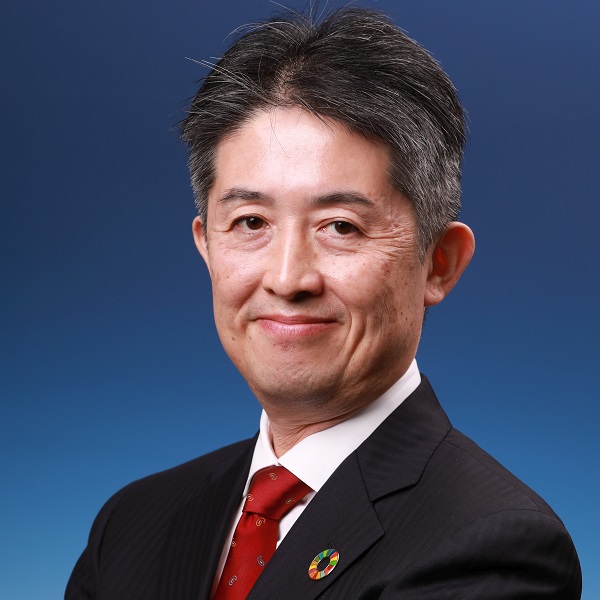
Earth Observation Data Integration & Fusion Research Initiative
| HOME | > | About Us |
| Greetings from the Director General |
||||
The power and strength of science is that through the development and verification of hypotheses a vast collection of knowledge can be aggregated, and from this storehouse dissemination and sharing become possible. Motivated by a hypothesis, deductive inference is applied to perform observations and analyze data with the goal of confirming or invalidating said hypothesis. Inductive reasoning is applied in the formation of new hypotheses based on previously observed data. Based on these two methodologies, and through the formation of a feedback loop between information collection and hypothesis formation, scientific knowledge advances. Scientific knowleage is a fomal knowlege which is movable and sharable in the huge factual knowledge formed by hypothetical formation and its actual demonstration and proof. Therefore, the scientific knowlege will progress by making a loop between the deductive inference approach and the inductive inference approach. While the deductive inference approach describes the fact acquired by observing and measuring based on the hypothesis, the inductive inference approach conversely forms a hypothesis from the gathering to factual knowledge. With regards to the essential structure of this scientific knowledge, and in order to practically apply this knowledge for the public benefit, it is necessary to overcome two major hurdles. The first difficulty is that the data and information required for scientific advancement are extensive and diverse. The collections are also distributed over many stakeholders, requiring a great quantity of time for aggregation and processing. The quality and features of each data set are governed by choices made somewhat arbitrarily by the original research scientists, limiting the choice of methods of proof during the development of future hypotheses by other scientists. The second difficulty is that for scientific knowledge of the earth's ecosystem as it applies to the human sphere, because the subject matter contains so much complexity, the field has been divided into many smaller subfields. As the systematization of subfields progresses and the requirements regarding knowledge transfer between subfields becomes explicit, a situation arises in which knowledge cannot be shared easily. As a result, although information and knowledge are accumulated within a subfield, that knowledge is not reflected in the knowledge development of the overall field. The impact of development in individually researched aspects of the overall system is not passed on to the system as a whole or to the development of other parts. On the other hand, advanced information science and technology fields can efficiently store a variety of ultra-high capacity data sets from heterogeneous information sources, and are developing a system which enables flexible access to such data through data integration and fusion of information. EDITORIA is a collaboration between information science and technology and various earth environment related academic fields, effectively integrating earth observation data, numerical model output data and socio-economic data, and building a scientific technology that fuses such information for future research. EDITORIA engages in the development of knowledge which will provide solutions for global environmental problems and contribute to the social benefit of the international community. |
